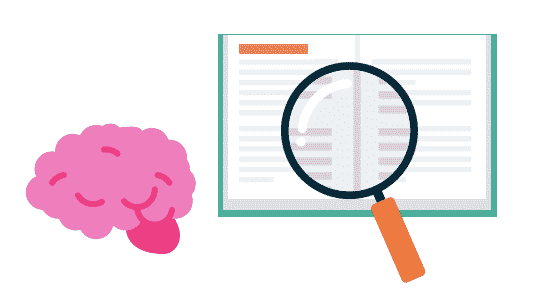It may be the oldest trick in the procrastination book. But decluttering and sorting your notes is actually really important. Before you get down to revision, organising your notes into orderly, labelled and topic-specific sections will allow you to follow a revision plan much better and ensure you don’t miss out big sections when studying.

As exams are approaching, I imagine some of you are feeling stressed out by the bulk of disorderly, straggly scribbles that are your notes from the past year. Being faced with piles and piles of detailed and disorderly notes can be so daunting and overwhelming, and it makes it difficult to know where to start.
Let’s be honest…
Chances are, a lot of the notes you’ve been taking in class for the last year may not be all that useful for revision. You need to be refining this mass of notes into something concise and manageable from which you can revise. In order to do this, you need to be able to identify the useful ones, and discard the rest.
Be selective!
The IB is characterised by a wealth of information you’ve got to learn. Starting afresh on revision notes for every topic is a big no no. If you try to do this, you’ll run out of time before the exams come around. This is why I’m going to tell you to use the useful notes you already have. Of course not all of them will be useful, and some will need to be re-done, but do not – and I repeat DO NOT – waste valuable time replicating notes which were perfectly fine in the first place.
So, which should stay and which should go?
Useful vs Useless
The notes on the left – you can’t read them and you probably don’t want to. Whereas the ones on the right are appealing and inspiring. You feel like you’re gaining IQ points just by looking at them. Remember though – this is personal. The difference between good and bad notes is not black and white. Everyone revises differently, but as you sort through your notes, ask yourself – can I happily revise from this?
Identify the gaps
You may find that your notes are incomplete. In order to make sure you have a set of notes covering each topic in your syllabi, use this method:
- Compile all your notes for one subject
- Grab your filing apparatus (a large folder, a hole punch and a set of page dividers)
- With your syllabus in front of you, go through each page of notes, sorting them into piles of topic-specific topics
- Each time you find a set of notes on a particular concept or topic, highlight the corresponding points on the syllabus
At the end, the sections of the syllabus not highlighted will be the ones you’re missing notes for. These should be your priority.
Condense
This is for notes in the ‘readable’ pile. They may be good, but they may also be overly detailed. Sitting down and trawling through stacks of long, detailed notes is the most unappealing thing about revision. Condensing is a method used to turn pages of information into manageable chunks. My filtering out the irrelevant stuff and unnecessary detail, you should be able to concentrate on the important information you’ll be tested on.
Compression techniques are incredibly effective and arguably essential in some subjects such as your Group 3 Social Sciences. Watch Julia walk you through her compression technique to help you identify and focus only on the relevant stuff.
Watch our free study videos here!



